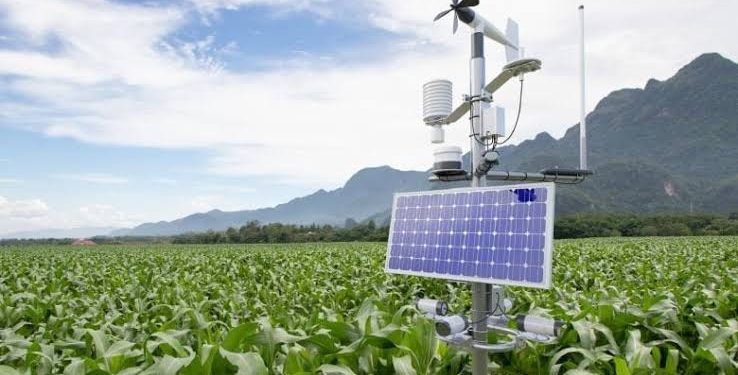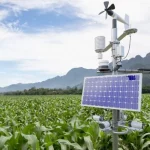Over 14,000 farmers in Bauchi State are set to benefit from a three-year climate resilience initiative aimed at addressing the growing impact of climate change on agriculture in Nigeria. Announced in Bauchi by the Executive Director of the Foundation for Sustainable Smallholder Solutions, the programme will support farmers through regenerative agriculture and long-term sustainability practices designed to boost food security and resilience.
Implemented in partnership with the Heineken Africa Foundation, the project, titled Empowerment of Smallholders to Thrive and Build Climate Resilience through Regenerative Agriculture (ESTRRA), will directly reach farmers across seven Local Government Areas; Katagum, Giade, Shira, Gamawa, Itas-Gadau, Jama’are, and Zaki.
The initiative places a strong emphasis on inclusion, targeting 60 per cent women and 30 per cent youth, while also projecting more than 70,000 indirect beneficiaries through community-driven interventions that will strengthen climate-smart agriculture and rural development.
Through the ESTRRA project, over 20,000 hectares of degraded land will be reclaimed using sustainable restoration methods such as half-moons and reforestation with fruit-bearing crops. The programme will also promote mixed farming systems to improve nutrition and household income, create off-season economic opportunities, and expand market access for farmers adopting regenerative practices.
The Foundation said the initiative will equip farmers with the knowledge and tools needed to adapt to changing climate conditions through capacity building, the Farmers’ Hub Model, and stronger market linkages that promote sustainable livelihoods in Northern Bauchi.
The organisation also noted that the project highlights the power of collaboration in promoting sustainable rural development and advancing Nigeria’s goal of achieving inclusive economic growth through smallholder farming.
The General Manager of the Heineken Africa Foundation reaffirmed the Foundation’s commitment to supporting African farming communities confronting climate challenges.
He explained that the project will be delivered through the Farmers’ Hub Model, which will provide access to quality inputs, training, and market opportunities while promoting environmentally responsible practices.
The initiative will also feature training on regenerative agriculture, soil restoration, women and youth group strengthening, and value chain development to help farmers increase income and build long-term climate resilience.
This initiative represents a significant step toward empowering smallholder farmers to thrive amid rising climate risks, promoting sustainable food systems and economic inclusion across Northern Nigeria.










